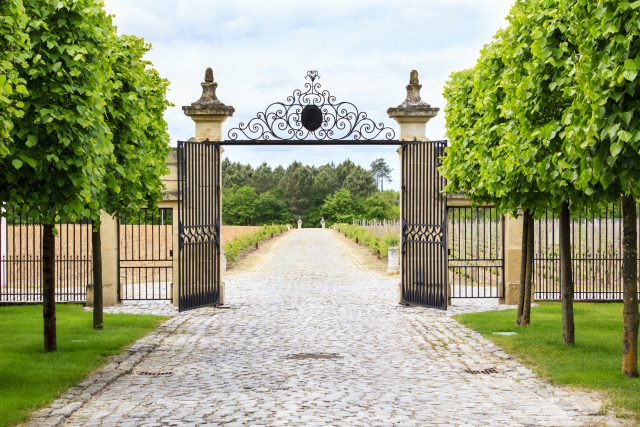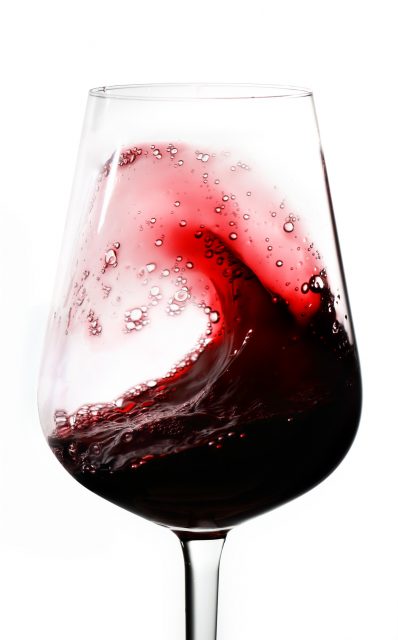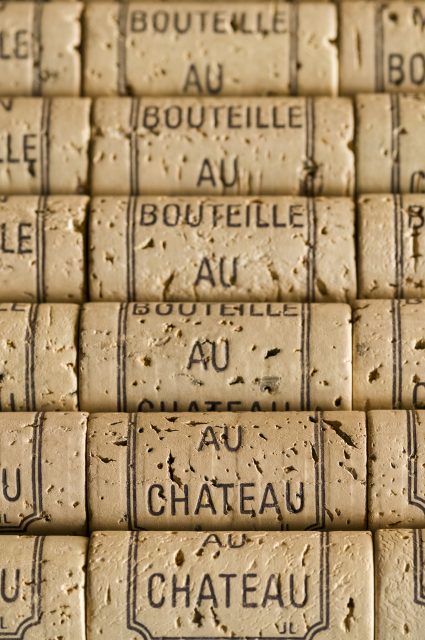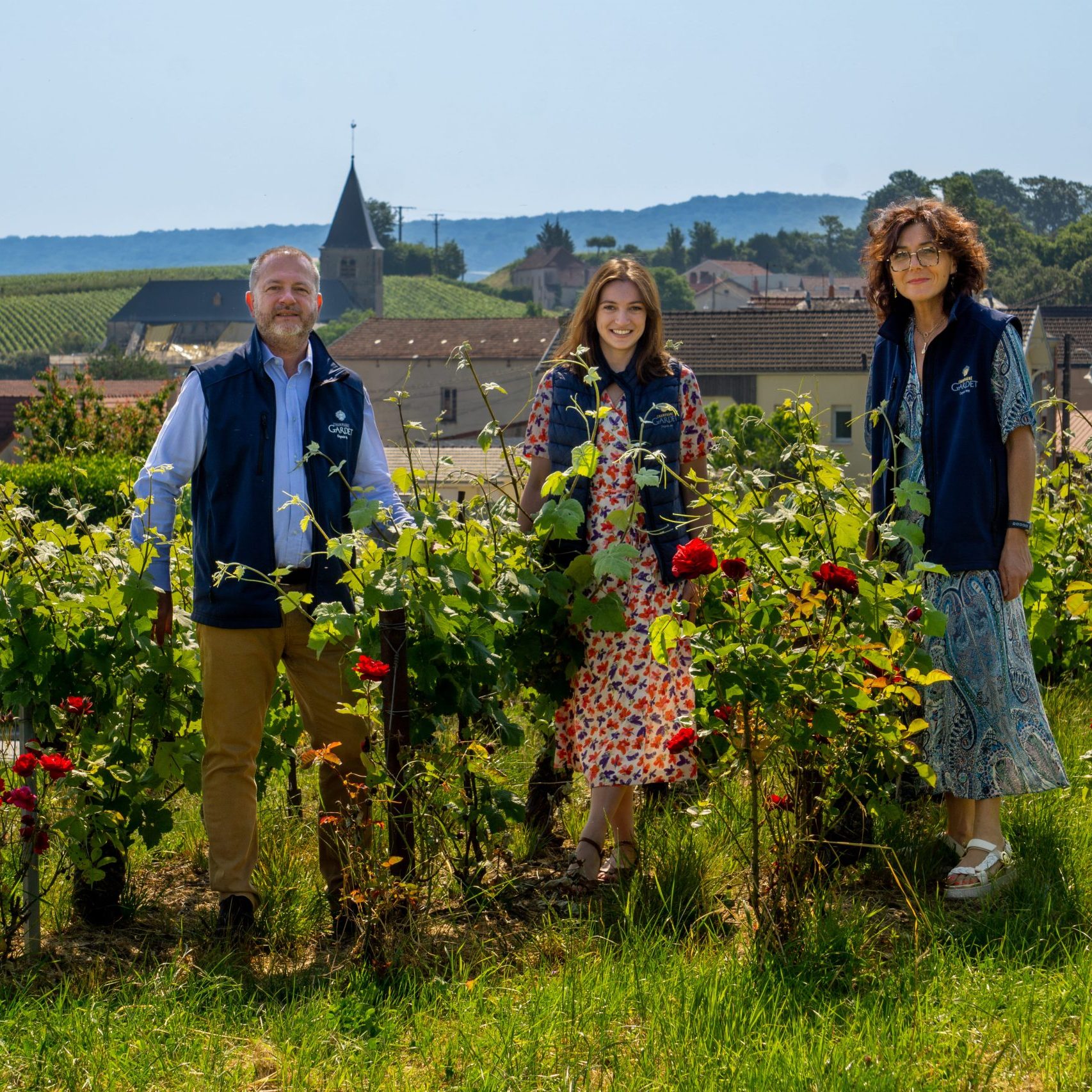Bordeaux en primeur 2020: What to expect
Our Bordeaux correspondent, Colin Hay, gets the lowdown from a number of leading brokers and merchants on their expectations for the Bordeaux en primeur 2020 campaign.

Sadly, the 2020 Bordeaux en primeur campaign is not going to prove any easier logistically than the 2019 campaign that preceded it. That much is already clear. Indeed, in a number of respects it is already rather more complex, with France’s recent return to lockdown putting into question many of the plans that were already in place and the difficulties of sending samples compounded by the complexity of post-Brexit border regulations (especially for unfinished wines).
In what at the time seemed like a very sensible move, the Union des Grands Crus (UGC) put back the date of en primeur week by a month, anticipating that this would allow the Covid situation to improve and some resumption of normality to resume. Although credible and much welcomed at the time, with the benefit of hindsight this now looks to have been naively optimistic. It also means that whatever does pass for en primeur this year will do so rather later than perhaps was needed.
Yet it is important to bear in mind that the UGC’s own tastings for the 2019 vintage took place almost two months later than those it has scheduled for the 2020 vintage. And it is also important to remember that, however difficult the circumstances, the 2019 campaign was judged by most a success clutched from the jaws of adversity. At this stage, at least, there is no reason why 2020 shouldn’t work just as well. And ultimately, whether it will or will not depends much more on release prices than on the prevailing Covid situation.

It is a point that I have made before, but 2019 showed that la place de Bordeaux can innovate and can do so both rapidly and effectively when it needs to do so. Necessity is likely, once again, to prove the mother of invention.
To get a sense of what we can expect from the campaign I spoke to a number of leading London-based Bordeaux merchants and brokers, all significantly implicated in en primeur. In a second piece I will gather up, in a similar way, the views from Bordeaux of the 2020 vintage and the campaign to which it is likely to give rise.
None of the London-based trade that I spoke to at this stage had received or tasted a single en primeur sample and none had made plans to travel. But all expected to receive quite a significant range of samples (rather more than they did last year and rather earlier in the cycle) and not just through the UGC (which has itself significantly broadened those to whom it is sending samples). There was general satisfaction with this situation as the best that could be done in difficult circumstances.
The only real anxiety reported to me, from at least a couple of brokers, is that the comparatively late opportunity to taste samples might result in some wines being released to the market with little critical acclaim to back them up.
But Matthew O’Connell, head of investment at Bordeaux Index, sees things a little differently. As he put it to me, “We believe that most large merchants will taste the samples from their offices or homes such that most buyers will have the right combination of critics’ scores and merchant perspectives when making buying choices”.
Moreover, “there was definitely a benefit last year in tasting the wines a couple of months later than normal, so it will be interesting to see the timing of the samples being sent this year”.
There was more consensus on the likely timing of the campaign. As Stephen Browett, the Chairman of Farr Vintners, put it, “the campaign will get underway later than normal but similarly to last year. Realistically it will start when the major critics have received their samples and published their notes”.
Partner Content

Opinions were a little more mixed on quality and the likely characteristics of the vintage – though since no one that I spoke to had actually tasted a sample this may well simply reflect a diversity of sources of information (and/or the perceived credibility of those sources). The most comprehensive assessment came from David Thomas, Bordeaux Index’s sales director, who had had the advantage of spending time during the harvest in Pomerol.
Quality, he suggested “is certainly promising and we expect the vintage as a whole to be considered very good to excellent for Classified Growths and similar properties on the Right Bank. Given the very hot September weather, some heterogeneity in that latter category may arise from local terroir differences. The greatest variation is likely to come at the lower end of the spectrum, given the aspects of the vintage that required careful handling (including the thick skins on the grapes arising from the September weather)”.
Overall, he continued, “our initial expectation is that the vintage will see greater highs than 2019 and for the top wines probably to be overall better than 2019 and 2018”. That, as it happens, is very close to the view that I hear in Bordeaux – certainly on the Right Bank and certainly in Pomerol. But Pomerol was the first leading appellation to pick, before the effects of the excessive heat of September really started to bite.
And so it is not surprising that others, perhaps basing their view more on the Left Bank, might take a slightly different view. In fact, among my respondents, whilst most anticipated that 2020 will turn out to be the qualitative equal of 2019 and ahead of 2018, there are others who expect the dust to settle with 2020 behind both 2018 and 2019 in qualitative terms. There is, in short, no clear consensus at this stage.
Other than the view that the early-harvesting vineyards of Pomerol may be particularly feted (a view which I might have contributed to shaping – though which has its origins in Gavin Quinney’s excellent report on the climatic conditions in which the vintage was forged) no strong views were expressed on 2020 as a vintage favouring the left or Right Bank or any particular appellation.

Stephen Browett was, however, clear that, stylistically, “we’d probably prefer the vintage if it was similar to 2016 with good balance and modest alcohol levels”. Here, again, we find something of a consensus in the form of a shared anxiety that, as David Thomas put it, “in a phase of warmer vintages, headline alcohol figures are clearly in a different ballpark to those generally seen in the 1980s for example”.
Yet as he went on to explain, “vineyard management and winemaking have come on in such leaps and bounds over recent years that while the overall profiles do represent aspects of the warmer weather, the wines can maintain the same freshness and elegance as those previously produced at much lower alcohol levels”.
In general, while I found some anxiety among the London trade about anticipated alcohol levels in 2020, this was typically compensated for by the idea that winemaking throughout the region had improved and that the importance of freshness was well understood. As Stephen Browett again put it, “technical ability has never been as good as it is today and also there is now an increasing understanding among winemakers that consumers are less interested in dark-coloured, heavily extracted, high alcohol blockbusters”.
Unremarkably, perhaps, it was on potential pricing that the consensus was strongest and opinions clearest. Prices should remain the same; but they probably won’t. Both Andrew Rae at Uncorked and Martin O’Connell at Bordeaux Index expect price rises of some kind – around 10% in Euro terms for Andrew Rae (representing a rise of about 5% in sterling). Similarly, for Martin O’Connell, it is clear that 2019 release prices generated “a significant amount of buyer interest” that is it crucial not to squander.
“We would hope that châteaux would realise the positive impact this had on broader interest in Bordeaux and consider that in their release pricing; we nevertheless feel that release pricing is likely to be higher and therefore it is simply a case of how much higher in terms of whether the stronger Sterling mitigates that fully or only partially”.
Stephen Browett was more forthright still. As he put it to me, assuming that the wines are of a comparable quality, “we hope very much that producers will stick with 2019 prices. That campaign was reasonably successful but some in Bordeaux seem to be of the opinion that customers got too good a deal in 2019. That is nonsense. Bordeaux needs to get back to en primeur campaigns where the wines that are released sell out – and many 2019’s are still available at release prices”. Time will tell whether his advice is heeded.




